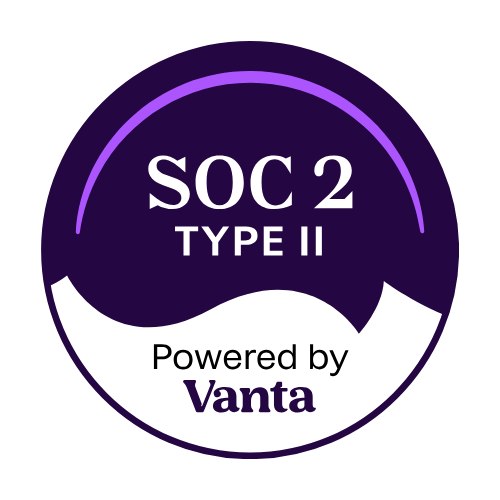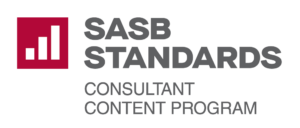Overview
Introduced: 2000 (Annual updates since 2002)
Effective from: Annual disclosure cycle (portal opens April; reporting window June–October)
Last modified: 2024 (integrated questionnaire, ISSB and TNFD alignment)
Region(s): Global
Read more about key updates and best practices for CDP reporting in 2024.
About
CDP (formerly the Carbon Disclosure Project) is a global non-profit that runs the world’s leading voluntary environmental disclosure platform. Companies disclose data annually on climate change, water security, deforestation, biodiversity, and plastics through a single, integrated questionnaire. Responses are shared with over 740 financial institutions and large corporate buyers requesting environmental data from companies data to assess environmental risk, opportunity, and performance.
CDP holds the largest global environmental dataset and is widely recognized as the benchmark for corporate environmental transparency, aligning closely with key international standards such as the Task Force on Climate-related Financial Disclosures (TCFD), International Sustainability Standards Board (ISSB), Taskforce on Nature-related Financial Disclosures (TNFD), and European Sustainability Reporting Standards (ESRS).
Who needs to comply
-
Voluntary: Open to any company, regardless of size, sector, or geography.
-
Most relevant for publicly traded companies and large corporations facing investor, stakeholder, or customer requests for environmental disclosures.
Compliance timelines: 2026 reporting
-
Week of April 20: Question bank published.
-
Week of April 27: Questionnaire, guidance, and scoring methodology published. Requesters can start to submit lists.
-
Week of June 15: The 2026 response window opens.
-
Week of September 14: Deadline to submit responses eligible for a CDP score.
(Late submissions included in analytics but not scored.) -
Week of October 26: Deadline to submit unscored responses and all edits.
-
Week of November 30: 2026 scores available to disclosers and relevant stakeholders in the CDP portal. 2026 scores and A Lists published on the CDP website.
Disclosure requirements
The CDP Corporate Questionnaire integrates previous climate, water, and forests questionnaires into a single streamlined survey, structured around the TCFD framework:
-
Governance: Disclosure of governance and oversight processes related to environmental issues.
-
Strategy: Impact of climate, water, and biodiversity risks and opportunities on corporate strategy.
-
Risk management: Processes for identifying, assessing, and managing environmental risks, including physical and transition risks.
-
Metrics and targets: Quantitative data on:
-
Scope 1, 2, and 3 greenhouse gas (GHG) emissions
-
Water usage and management practices
-
Deforestation and biodiversity impacts
-
Plastics and waste management
-
Progress towards published environmental targets, climate transition, and net-zero plans
-
Alignment: CDP disclosures align closely with ISSB S2 Climate Standard, TNFD, and ESRS.
Third-party assurance
-
Not mandatory but strongly encouraged by CDP.
-
Companies frequently have their emissions and key metrics externally verified by accredited auditors to enhance credibility and improve their CDP scoring.
Penalties for non-compliance
-
No formal penalties, as participation is voluntary.
-
Non-disclosure or poor-quality disclosures result in lower CDP scores, affecting reputation, investor confidence, customer relationships, and potential access to capital.
Jurisdictions and standards aligned
Widely adopted globally and referenced by:
-
Federal contractors (U.S.)
-
EU procurement guidelines
-
ESG-oriented investors worldwide
-
International financial institutions









